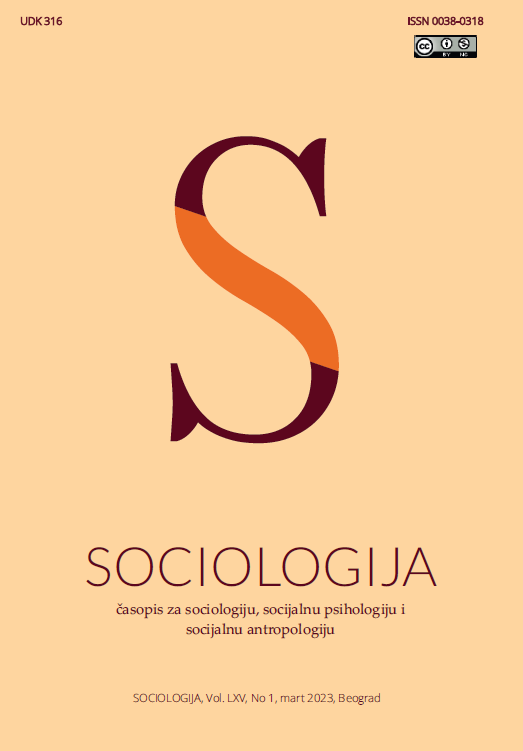Nevidljivi učesnici ratova 1990-ih: pogled iz vizure milenijalaca iz mađarske nacionalne zajednice u Vojvodini
The Invisible Participants of the 1990s Wars: A View from the Perspective of the Millennials from the Hungarian National Community in Vojvodina
Author(s): Karolina Lendák-KabókSubject(s): Social Sciences, Sociology
Published by: Sociološko naučno društvo Srbije
Keywords: 1990s Yugoslav wars; nationality; millennials; family; Hungarians; Vojvodina; Serbia
Summary/Abstract: Although a considerable amount of research was conducted on the topic of the 1990s Yugoslav wars, the affect the war had on Vojvodinian minorities (in this case the Hungarian ethnic minority) received scant attention in the wider academic community. Millennials, born in the 1980s might be the group most adversely affected by the Yugoslav wars. They did not experience anything from the “old Yugoslavia” which was idolized by many, and which did serve as a welfare state for the generations who were born in the middle of the century. Millennials had to face the diminishment of the big country on the micro level, i.e. in their families as their fathers were receiving military conscription and anxiety was brought in and on the macro level, i.e. in the society being faced with open nationalism, alienation, and the prospect of being side-lined. The goal of this paper is to investigate the effect of the Yugoslav wars on the ethnic minority millennials childhood and adult life through their narratives about the traumatic experiences caused by the war. The analysis is based on semi-structured interviews conducted with millennials born in homogenous Hungarian marriage or in a Serbian-Hungarian intermarriage of their parents. The findings show that all the respondents, on a micro level, endured fear and anxiety because of their fathers either went to war or went to live abroad, leaving their family for many years to avoid military conscription. On a macro level, the respondents encountered nationalism-fueled incidents during their schooling or in the street that inevitably became embedded into their identities.
Journal: Sociologija
- Issue Year: 65/2023
- Issue No: 1
- Page Range: 115-135
- Page Count: 21
- Language: Serbian

